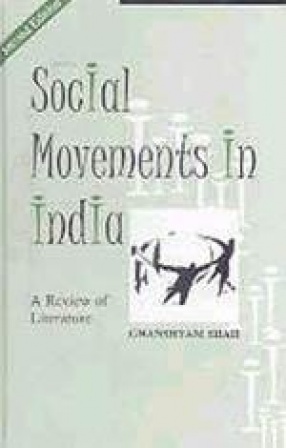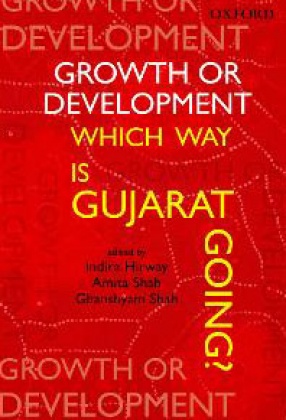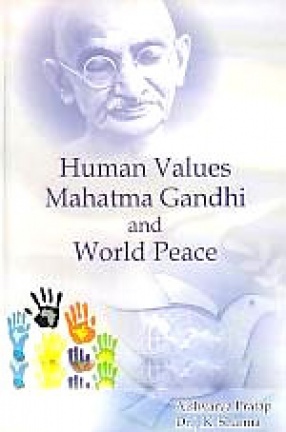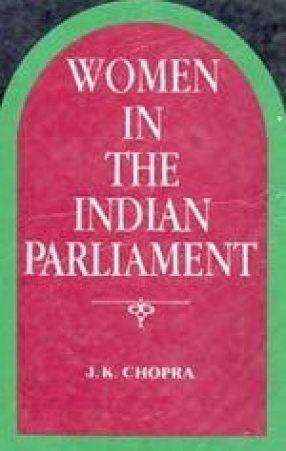Political science has largely focused on moral political philosophy, normative concepts and the working of political institutions. This volume, the fourth in the series entitled readings in Indian government and politics, examines non-or extra-institutional collective actions as agents of political and social change, and social movements as a defining force in the political process. Covering social movements in India over the last five decades, the seminal essays included here address primarily three questions: Why movements take place; What their main elements are; and How the state responds to various forms of collective action. The essays in the first part discuss the various definitions of social movements and their typology, and examine the growing unrest in India resulting from the failure of the institutional set up to meet the aspirations of the masses. Part two examines collective action as manifested in protests, agitations, strikes and riots which develop into movements of various social groups. Covering the evolution and spread of various peasant, farmer, tribal, women, student, religious and environmental movements in the colonial and post-colonial period, this comprehensive reader provides theoretical, empirical and methodological insights into the study of social movements and their relationship with the state. With its broad-ranging approach and insightful coverage, this volume will be essential reading for those in the fields of social change, social movements, political science, conflict studies and sociology. Students of contemporary history, journalists and social activists will also find it of great value while it will serve as essential reading for postgraduate students of political science and sociology.
Social Movements in India: A Review of Literature
In stock
Free & Quick Delivery Worldwide
Bibliographic information
Title
Social Movements in India: A Review of Literature
Author
Edition
2nd ed.
Publisher
ISBN
8178293102
Length
283p., 23cm.
Subjects







There are no reviews yet.